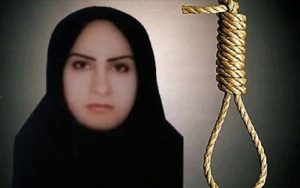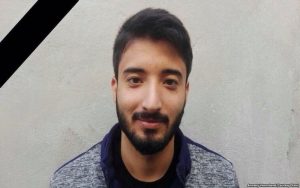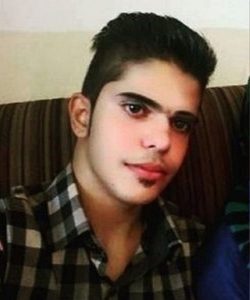International currency values have roughly tripled against the Iranian rial
Just a few days ago, in his latest move to reshuffle the government’s economic team, Iranian regime president Hassan Rouhani appeared before the Iranian parliament to introduce his four new cabinet members. All the four new ministers, including an economic and financial minister and the labor and roads minister, were approved by the parliament.
But what stroke analysts as shocking were Rouhani’s remarks about the economic situation in Iran.
After mentioning the difficulties Iranians, especially those with fixed income, face, Rouhani addressed the population and said: “I ask you; I ask the Iranian people; in contrast to the U.S. and Zionist propaganda, isn’t education in Iran among the least expensive education [systems] in the world? Isn’t health care relatively among the least expensive in the world? Isn’t energy in our country, meaning gasoline, diesel fuel, and ethanol, among the least expensive in the world? Aren’t water and electric power costs balanced and less expensive compared to other countries?”
What Rouhani failed to mention was that all these items are only less expensive in Iran if you compare the prices in U.S. dollars to the prices in other countries, while an Iranian worker’s minimum monthly wage—for the Iranian year 2018-2019— is not even 1/10—Yes! One-tenth!—of the U.S. federal minimum wage.
Now, let’s break it down. According to the Iranian labor laws, a worker with a family and two children will receive a minimum wage of 15,345,220 rials, the Iranian currency. Standard working weeks are defined to have 44 hours of work, making a month roughly 176 hours of work. That makes the Iranian minimum wage—for a family with two children, mind!—about 87,180 rials per hour.
Over the past 10 months, international currency values have roughly tripled against the Iranian rial. Currently, a U.S. dollar is worth 150 thousand rials. That makes the Iranian minimum hourly wage
The steep drop in the value of rials compared to other currencies
Rouhani then went on to pretend to be the opposition fighting the corruption in the regime and said that, “unfortunately in the last months, some people have exploited the subsidized [foreign] currency,” referring to the fixed exchange rate to buying U.S. dollars in Iran.
“We have provided some people with U.S. dollars for 4,200 tomans, others we have provided with U.S. dollars for 7,500 tomans. Some have exploited that.” One toman is the equivalent of 10 rials.
Free market rates for USD have skyrocketed in recent months in Iran. Right now, a U.S. dollar is worth about 150,000 rials whereas at the beginning of this year it was worth less than 5,000 rials. There are cheaper dollars at the state-fixed rates but since the government and Iranian tax payers are actually subsidizing the difference to free market rates, these dollars aren’t freely available to everyone. They are only sold for special purposes like importing raw material for manufacturers.
Now, Rouhani is complaining that some bad people have exploited their system as if he and the regime are simple outsiders who can be played by some bad actors. These are dictators with a vast apparatus for oppression on every level. Virtually nobody dares to cross high-ranking government officials in Iran, unless they’ve made the choice to be ready to sacrifice everything. For Rouhani to claim innocence in the ongoing corruption in the regime without charging and prosecuting the real perpetrators is plain and simple ridiculous.
Rouhani’s claim of innocence in the whole economic mess, mismanagement and corruption is just unbelievable, but his description of Iran as a competitive and well performing country on the global scale in terms of the quality of provided services and their prices isn’t anything but adding insult to the injury of poor Iranians who struggle on a daily basis to make ends meet.













